Spring Allergies
by Hugo Bravo

Protect yourself this season
After cold months of snow and winter, the longer, gentler days of spring are a welcome change. But for many people, spring is also the start of suffering from runny noses, stuffy heads, and watery eyes. Springtime brings about seasonal allergies, or hay fever, from the reemergence of pollen, an airborne substance released from grass, flowering plants, and trees. Pollen is an allergen, a term for any element or food that can cause an allergic reaction.
When someone who is allergic to pollen breathes it in, the particles get trapped in nasal passages and stick to mucus membranes in the nose or eyes. The body’s immune system treats pollen as an intruder and releases chemicals that cause symptoms like sneezing, itchy eyes, or swelling. In more serious cases, allergens can affect breathing and even trigger asthma. Your symptoms will depend on how much of a threat your body perceives the allergen to be. This is why different people have different reactions.
While tree and grass pollen are common in the warmer months, mold and ragweed can also trigger allergies in the fall. Some people also have perennial allergies that affect them year-round, no matter the weather. If you get the urge to sneeze inside a dusty room, or in a house that has cats or dogs, it means you suffer from perennial allergies.
Keep your allergies in check
Here are some ways to minimize your exposure and reduce seasonal allergy symptoms:
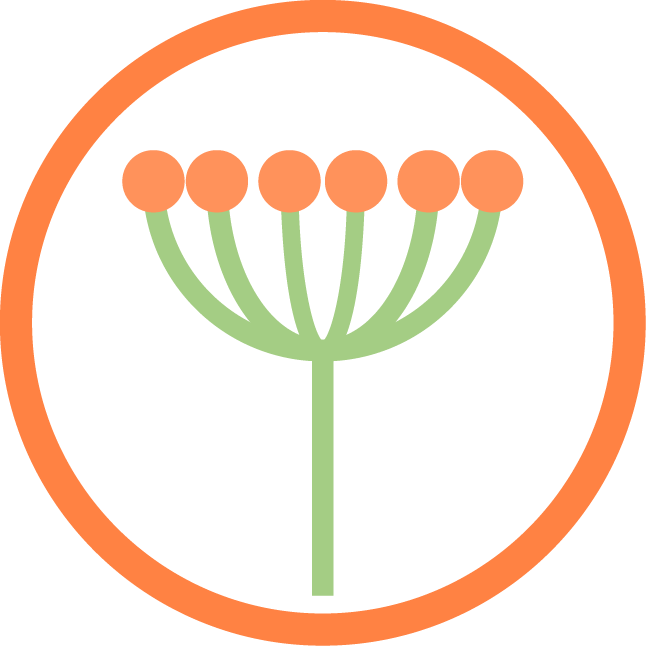
Check weather reports for daily pollen and mold spore levels. If the numbers are high, try to avoid being outside, especially on windy days.
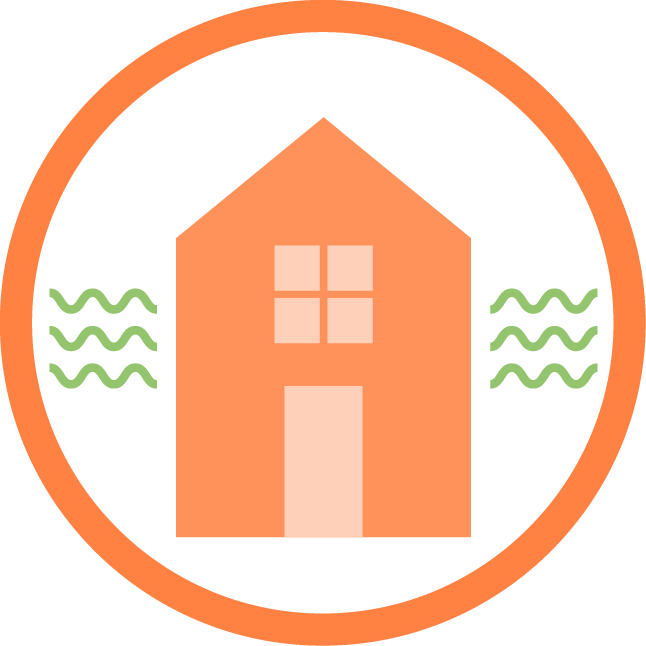
Keep windows and doors closed in your home, office, or car to keep pollen out.
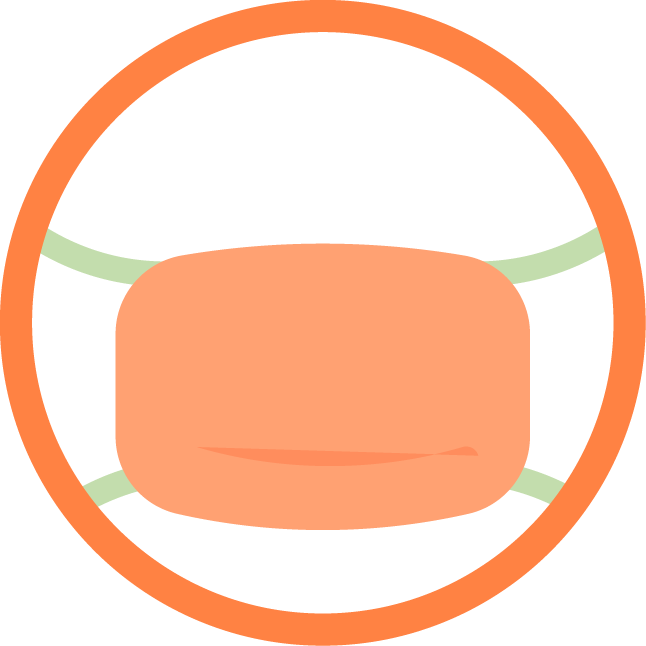
If you must do outdoor chores during allergy season, wear a face-mask, hat, and sunglasses. Change the mask after each use.
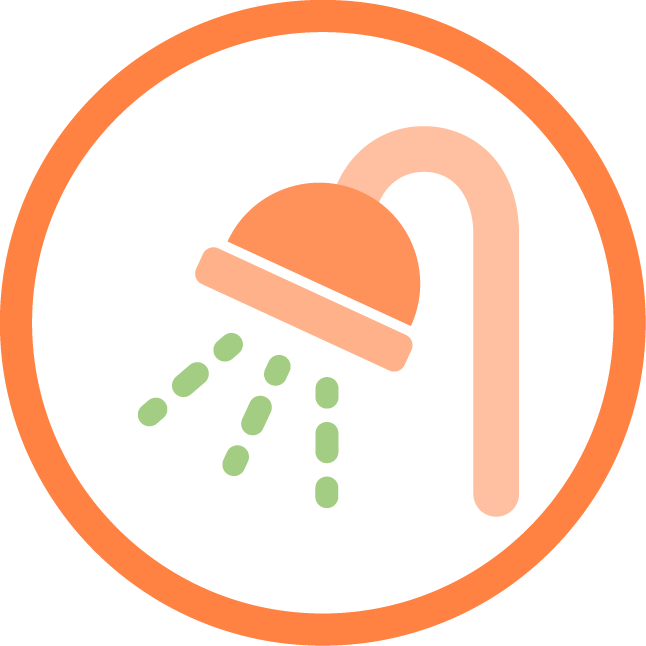
Wash your hair before bed. Pollen from your hair can fall on your pillow and travel to your eyes, nose, and mouth while you sleep.
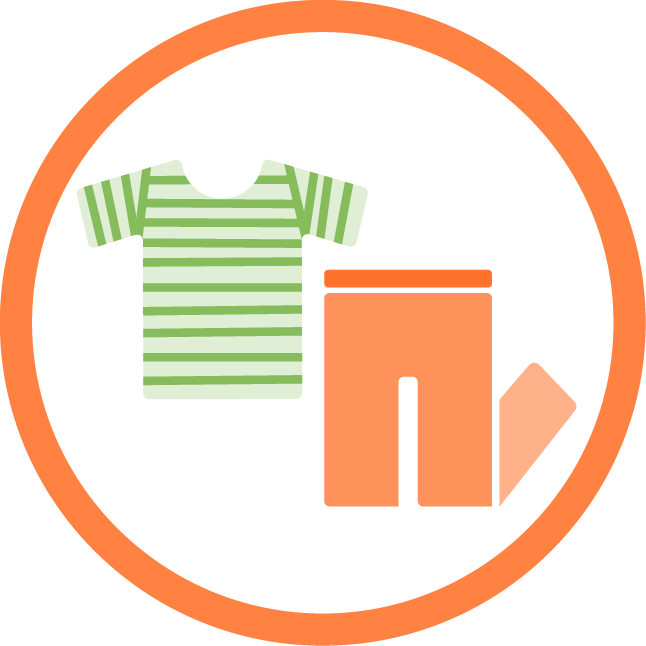
Change your clothes after being outside. Pollen sticks to materials such as cotton, wool, and even latex.
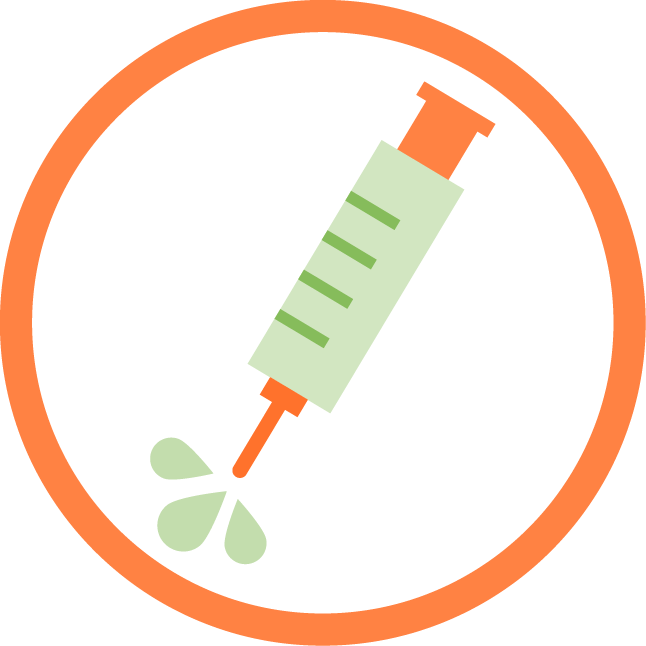
Talk to your doctor.
Your doctor may suggest taking medications before spring allergies begin. The most common allergy medicines are antihistamines, which block the effects of histamine, the chemical released by your immune system that causes symptoms. Antihistamines in pills, eye drops, or nasal sprays are available over the counter and through prescription. Immunotherapy can also help people with serious allergies. This involves receiving weekly or monthly injections of a tiny amount of allergens. By introducing allergens to your immune system in low doses, you can build antibodies that can limit or eliminate symptoms

